Leadership
now browsing by category
Systematize to Scale
How to create robust systems and processes to scale and create uniformity and in turn save time, energy, and other scarce resources
I’ve more than two decades of international leadership experience and have been helping leaders make successful transitions from one stage of leadership to the next one:
- From Star Employee to first-time Team Leader, Project Manager, or Supervisor;
- From Supervisory to Middle Management; and
- From Management to Executive Leadership.
In 2016 – 2017, I also had a golden opportunity to work with a national training company in the US, traveling around the country to provide public seminars and on-site workshops for new supervisors and managers.
One thing I quickly realized back then was that not all organizations have the knowhow, willingness, and ability to custom design and provide stage-by-stage leadership programs for their:
- Emerging Leaders,
- Middle Leaders, and
- Senior Leaders.
What is more? Very few smart organizations proactively and intentionally empower their NEW and 1st Time:
- Supervisors,
- Managers, and
- Executive to make a smooth transition and excel at their new leadership roles from the get-go.
A few years ago, I decided to help first-time leaders who may not get leadership transition programs from their employers to make a smooth transition from one stage of leadership to the next one.
As a result, I published the first of three books on leadership transition.
The first book in this series was published in 2021 and became Amazon’s #1 bestseller within the 1st week of its release. To learn more about this book and other complementary programs for first-time team leaders, project managers, and supervisors, click here…
The 2nd book in this trilogy is in the pipeline and may be published within a few months. The final and third book may be published at the end of this year or early next year, and it aims at equipping first-time new executives and CEOs. Stay Tuned!
The second book empowers supervisors transitioning from supervision to middle management- from leading one project or team to leading multiple teams and projects.
The transition from Star Employee to 1st time leadership is tough- at least for the first few months. Likewise, transitioning from supervision to middle management won’t be easy. And, of course, unless someone gets the appropriate transition programs individually and/or collectively.
This morning, I was enriching one of the keys shared in the second book: Systematizing Processes. One of the 12 keys a new middle leader needs to succeed in leading from the middle is the ability to systematize his/her portfolio, department, or function.
As a team supervisor or project manager, one might never need to create systems and processes under each system. He or she may have the pulse of the team at their fingertips. They may know what is going on and can create uniformity, harmony, and synergy without systematizing and creating processes for each system.
Unfortunately, many middle leaders may not make a quick shift in their mindset and develop the right competencies right away to lead multiple teams and projects from the get-go. Many solo entrepreneurs, too, struggle to scale because they don’t know the importance of systematizing and creating processes. Even if they are aware and willing, they may lack the know-how and abilities to do so.
When a supervisor or entrepreneur is leading one team or managing one project, they can survive and still perform well without systematizing.
Sadly, as a middle leader who manages multiple projects and teams, one can’t survive, let alone succeed, without systematizing the processes in their multiple teams and projects.
Systematizing is one of the skills necessary to lead from the middle effectively and successfully from the start without wasting scarce resources, harming performance, and/or affecting the well-being of all parties involved.
If it is done effectively, systematizing enables middle leaders to:
- Create uniformity,
- Save tons of time and energy,
- Conserve other scarce resources,
- Facilitate cross-pollination by busting silos,
- Enjoy an easy flow of info,
- Exchange of ideas and expertise,
- And many more benefits that come with breaking down silos and creating robust systems and agile processes.
The good news is that, unlike in the past, middle leaders and solo entrepreneurs who desire to scale FAST can tap into and leverage the latest technologies and platforms to create a robust system. More than ever, there are many affordable and easy-to-implement options out there…
Let me stop here. As soon as the book becomes available, I’ll share it with you here. Stay Tuned!
PRO Leadership aims at bridging the leadership gaps globally, one community at a time.
- In collaboration with our strategic partners and sponsors, we offer different leadership programs and services.
- We also have an initiative that provides cohort programs based on the leadership development stages of leaders. These three books on leadership transitions will be used as references.
If you would like to be a strategic partner, sponsor, or volunteer, reach out.
#Scaling #Systematizing #MiddleLeadership #MiddleManagers
The Importance of Networking for Leaders
This past Thursday, we had another awesome networking opportunity at Montgomery College, Takoma Park, MD.
I was part of the panel that discussed the importance of networking for professionals and entrepreneurs. In the panel were:
- Gabe Hamda, President & CEO of ICATT;
- Selamawit Tefera, Owner of Sheger Ethiopian Restaurant;
- Surafel Tilahun, Founder & Owner -Sura Investment Consultancy, -ET-POL Global SP.Z.O.O , -Addis Tec – Debol Trading LLC
Gabe is a master of networking. I’ve watched him for years since 2008 as he turns strangers into his friends, partners, and clients. I’ve also learned so many lessons from his natural ability to connect with anyone regardless of background. The audience didn’t take long to recognize that Gabe is the King of NETWORKING.
Selam is one of those few Ethiopian entrepreneurs who succeeded in making the American dream come true by starting with a few hundred dollars in her pocket, ending up owning multiple restaurants, and adding additional investments into her portfolio. Though she shared so many helpful insights and nuggets, one thing that resonated with the audience most was COURAGE in business. She EMBODIES courage and shared some of her bold moves and how they allowed her to advance in her entrepreneurial journey.
Surafel is a visionary who invests both in Ethiopia and the US. On top of taking the initiative to create, together with his colleagues, this unique networking platform, he is a man on a mission. Throughout the event, you could see his passion and determination in his:
- Opening remark,
- Unique perspectives in doing business as visionaries, and
- Closing remark where he emphasized the crucial place faith plays in translating one’s vision into reality.
As a panelist, my focus areas were:
- Making networking a habit even if you prefer introversion like I do. As someone who has a preference for introversion, networking wasn’t within my comfort zone. However, given the critical role it plays in my entrepreneurial success, I kept going out of my comfort zone and doing it even if I wasn’t enthusiastic initially until it became a habit.
- Becoming indispensable in the workplace. In the era of global and local cutthroat competition, economic downturn, and AI, professionals can’t afford to specialize in one thing, especially if it is a technical field. One must develop certain soft skills, become a problem solver, and take the lead outside of his/her job description to survive and thrive in the 21st C
- Developing high-revenue and high-impact skillsets to scale. Among other skills I mentioned in the discussion, networking is critical if you desire to collaborate, increase influence, and scale. Networking isn’t just a mindset thing, though. Almost all people on this planet understand its significance. The problem is that many don’t have the skillsets needed to succeed before, during, and after networking: such as setting goals about why they’re networking and with whom they should network and for what purpose (s); branding and marketing themselves like a pro; selling their ideas or product or service without acting like a sleazy salesperson; closing that ends with a win-win deal for all parties involved; delivering (overdealivering) once getting the deal; followup including getting QUALIFIED referrals and glowing testimonials; etc.
Many people struggle to develop and maintain high character. They may succeed at the front end of networking up to closing. What is the use of investing one’s scarce resources to attend networking events and ultimately get deals if they can’t overdeliver?!
Trust is vital to succeed in any business. It is already hard to earn someone’s trust and make them feel like working and/or doing business with you.
What is the hardest? Delivering your promises!!! One needs to have the character it takes to keep one’s word and follow through on one’s promises… Without character and overdelivering, one is wasting his/her time networking…
Not just in this networking event but in some of the leadership workshops I design and facilitate, such as ‘Interpersonal Communication’ and ‘Collaboration and Coalition Building’, I emphasize the need to be proactive and intentional to sharpen some advanced skills, one of which is networking.
- Networking doesn’t mean exchanging business cards.
- It isn’t all about engaging in transactional relationships.
- It is more than that; it is relevant in all industries and determines our individual and collective success as a person, family, team, and organization.
These days, many government agencies and corporations realize that it is not just their marketing and sales professionals who need networking skills. Their leaders at all levels should also excel in networking with internal and external partners, peers, and stakeholders to expand their influence and build coalitions within and outside their organization.
One person, team, or organization is too little, insignificant, and insufficient to have a meaningful impact in this century…
As the saying goes: ‘Your network is your net worth.’
Let me know if you need help empowering your team to develop critical skill sets to succeed in:
- Connecting,
- Communicating,
- Collaborating,
- Turning Conflicts into Opportunities,
- Building Alliances and Coalitions, and so on… We can design and deliver the right webinars or workshops or engage with you in coaching or consulting services that focus on your needs, goals, and according to your preferences.
Finally, kudos to the organizers. Aklilu did a fantastic job successfully MCing the event. Joseph moderated the panel and came up with thoughtful questions. I am looking forward to attending future events and supporting what you do using my talent and experience.
Like every other networking opportunity, I met good old friends and got acquainted with great future friends, partners, and clients. Looking forward to stay in touch, connect, and potentially partner with you all…
#Networking #Connection #Collaboration #Coalition
One Leadership Skill to Develop/Improve in 2024
Happy New Year!
I don’t know about you. I love this time of the year for various reasons, some of which include but not limited to:
- Slow down, recount my blessings, and be more grateful for what I’ve and accomplished than complaining about what I didn’t have, the missed goals, and other disappointments I experienced throughout the year. Life is not perfect… I’m not perfect…
- Take lessons from both my successes and failures, regroup, prioritize, strategize, and plan to take on the New Year with renewed spirit, desire, and vigor.
- Evaluate how far I’ve come, what enabled me to succeed, and enumerate a couple of skillsets I need to develop next year that may allow me to go to the next level and achieve my New Year goals.
If you would like to read more about how I developed one of the habits of High Performers: The ability to craft GOLAS that translate into RESULTS, check the recent blog I wrote entitled “Going Beyond New Year Resolutions.”
In this last blog for 2023, I’d like to emphasize what I shared above under #3, more specifically recognizing some of my skill gaps and developing them intentionally in the New Year.
First, let me ask you a couple of questions to help you reflect:
- What are the three important skillsets that are responsible for your success in 2023?
- If you’ve not met some of your grand goals, which competencies do you think were lacking that could have empowered you to achieve these goals?
If you personally know me, regardless of many of my weaknesses, flaws, and failures, you know that I try all my best to stay optimistic, if not always, most of the time. One of the mindset attributes I’ve that allows me to stay positive is my inclination to always take personal responsibility for my failures even if there could be some external factors that played some role for my stumbling. Here is why:
- When you accept responsibility for not meeting your own goals, expectations, desires, vision, and standards, you’re the author of your life, not other factors outside of you.
- When you refrain from blaming others or circumstances, you refuse to be a victim.
- When you own your failures and limitations, you’re indirectly believing that you have control and you’re in charge. You can turn things around. Your case isn’t closed. You have another chance to try again, which is within your control…
If you disagree with one or more of the things I said above, you’re not the only one. I’ve some relatives and friends who think that I’m being naive and unrealistic. If you’re surprised about how some of the people close to me perceive me and think that I’m delusional, well, there are a few who actually believe that I’m crazy 🙂 I don’t take these personal. I don’t expect the whole world to agree with me in everything I believe, say, and do…
That said, just be patient with me for a couple of minutes. I’m going somewhere. What I have to say in this last blog of 2023 may give sense.
Here is my framework of thinking. In most cases, I failed because I lacked either:
- The mindset and attitude, and/or
- The necessary competencies, and/or
- The personality it takes to succeed; nothing more, nothing less!
That is why I like this season…
After rolling my sleeves, going all-in, making my hands dirty, and staying in the field day in and day out, NOW is the time to slow down and evaluate my progress.
As you might have already noticed in your own life, we all fall short of some of our expectations and target goals. In my case, I embraced this truth that rather than lowering my bar or complaining and whining or pointing fingers somewhere or at someone, I take responsibility, and regroup to fix things in the New Year.
This time, I’ve already identified a couple of growth areas for 2024. As you can imagine, as an experienced leadership expert, author, consultant, facilitator, and speaker, at this stage of my career, the skillsets I am working on right NOW are very advanced. I may come back again in the future to share with you these skillsets and how I developed them. Stay tuned!
For now, let me share with you one of the leadership competencies I used to work on for years: my Speaking ability.
At the early stage of my training and speaking career, I wasn’t getting invitations. Nobody was interested in listening to me for FREE, let alone paying me for it 🙂
When you find yourself in that situation, it is tempting to blame others, your luck, or even yourself by saying:
- I’m not good enough as a person.
- I’m not tall (too tall).
- I don’t have charisma like so and so.
- I’ve a thick accent.
- The list continues…
Rather, I decided to do multiple things at once to improve my speaking ability. Here are a few things I did:
- Read books on how to speak like a pro, acquire the American accent, etc.
- Stood in front of my bathroom mirror and every day to practice.
- Recruited mentors.
- Joined professional associations such as NSA, ATD, Toastmasters, and so on to gain access to platforms, practice, and get feedback.
After a while, people could notice the difference. I began getting invitations.
Now, I’m paid well to speak.
Actually, for this particular skillset very critical in every industry, I coach both novice and advanced speakers. I travel around the country to facilitate 1-day and 2-day workshops…
Click here to learn the kind of coaching service I offer at Success Pathways, one of our Strategic Partners (Remember, if you are PRO Leadership’s strategic partner or volunteer, you get discount whenever you get Success Pathways services for yourself, your team or organization. Take advantage of that in 2024.).
The point I’m making in this blog, beside wishing you a Happy New Year, is that you should identify a few leadership skillsets, and work on them proactively and intentionally in 2024 to take your leadership to the next level.
Of course, the competencies you need to achieve your 2024 personal, career, and organizational goals is different than mine and everybody else. Whatever goals you may have in the different aspects of your life, career, or organization, this is time to:
- Regroup,
- Prioritize,
- Strategize, and
- Plan.
Happy New Year once again!
Looking forward to working with you in 2024…
Excelling as a 1st Time Supervisor or Manager
According to the Corporate Executive Board (CEB), “Within the first 24 months of taking a new position, 60% of new managers fail.”
You shouldn’t be surprised by this statistic. Many first-time supervisors and managers are thrown into deep water to see if they can swim or sink. Unfortunately, the majority are sinking.
They are unable to make a smooth transition and excel at their new role. In the process, they also hurt their well-being, performance, and relationships.
However, I have worked with some proactive organizations that didn’t wait 24 months to see whether their new supervisors and managers can survive or not. They don’t let their new leaders swim alone and solo without giving them the proper training and equipping them with the right gear. I traveled around the country to facilitate workshops specifically designed for new supervisors and managers.
At the end of each session, you could see the excitement, confidence, and sense of relief from participants. Many of them mentioned they had wished they had this workshop months ago prior or as soon as they were promoted. Some regretted the stress, anxiety, and uncertainty that tortured them for weeks and months. These could have been avoided. They also admitted that they could have become a little bit more assertive, and productive, and improved their relationships with key stakeholders sooner if they passed through this program earlier.
If you’re a senior leader responsible for managing, coaching, and mentoring first-time supervisors and managers, you were among those 40% who survived and ultimately succeeded in climbing the corporate ladder. When you were a new supervisor or manager, you might have gotten some support from your superiors, or you took matters into your own hands and made the transition successfully. But many of your peers didn’t make it.
I have noticed that many senior leaders don’t see the need to arrange transition programs for their coachees and mentees. They made the transition by themselves successfully back then when they were just starting, consciously or unconsciously, they presume that the current new leaders in their organization too could make it, if not right away, at the end of the day…
To read the rest of the blog, click here…
To watch the video clip, click here…
Note: As you know, we’re a non-profit organization, and we offer most of our services for FREE, in a few cases, we charge a nominal price to cover our expenses. But, our programs are limited to community organizations in Emerging Economies and diaspora communities in the Western hemisphere.
However, if you’re our strategic partner or a non-profit or community organization and have supervisors and managers, you should get the programs of Success Pathways, LLC.
As you may already know, Success Pathways support PRO Leadership financially and offers discounts to PRO Leadership’s Strategic Partners. Reach out to its team via [email protected] and mention that you’re our Strategic Partner and a non-profit, they’ll give you discount.
If you’re an aspiring or new team leader, project manager, or supervisors, click here and take advantage of the promotional price to get the eBook of Overcoming 1st Timer for just 1 USD (plus bonuses worth of 1, 400 USD).
If you have any questions or would like to partner with us, reach out to our team at [email protected]
The Scope of Our Work
First of all, we strongly believe that we can’t fulfill our mandate to bring transformation through leadership development, one community at a time, without teaming up with other strategic partners.
We have this belief because our scope is global though we focus on empowering one community at a time.
This global mandate can’t be accomplished without the active participation of individuals, organizations, and institutions that share our vision.
Below you’ll find the scope of our work. Knowing these allows you to see where you could be able to add value and partner with us.
- We empower Diaspora leaders from Emerging Economies. We understand that the Diaspora can play a significant role by becoming a bridge between hosting countries and their respective emerging economies. And therefore, they are one of the pillars of strategic partnerships.
- We raise world-class Youth and Women leaders of emerging economies. We already have so many men and adult leaders. Though these leaders are critical for the transformation of emerging economies, the participation of women and youth in taking leadership matters significantly.
- We started our mission in the DC metro area, we’ll take it to the world. PRO Leadership was formed in Maryland and has already contributed its share in raising leaders in the DMV area since its establishment. We have also begun expanding to Africa, more specifically to Ethiopia, the seat of the AU. We will continue to expand to other African countries and other emerging economies around the world.
- We lead our efforts based on a clear initiative. We’ve crafted initiatives that bridge the leadership gaps in emerging economies in Africa, Asia, and South America.
- We are bridge builders among civilizations and cultures. We’ll collaborate with Western and South/East institutions to facilitate leadership experience and wisdom exchange programs.
- We have empowering leadership programs. We’ll create short and long-term programs to bridge the leadership gaps.
- We have a long-term plan to institutionalize what we do. We’ll establish a leadership research institute that leads emerging economies’ transformation through leadership development.
- We have to have a robust media presence. To reach out, connect, partner, and achieve our goals, we need the support of the latest media platforms, and professionals who excel at communicating on these platforms.
If you would like to contribute your share for the accomplishment of any of the above works, reach out to our team at [email protected]
Our Governing Principles
There are many leadership organizations out there. We are here to complement. We’re not here to duplicate or compete.
We’re driven by higher principles that are foundational to transforming lives, organizations, and communities.
Accordingly, the following governing principles make PRO Leadership unique and drive its decisions, programs, and partnerships:
- Everyone is born with a purpose in life. No one is here on earth at this time, in this space, and generation by chance. They meant to pursue a purpose bigger than themselves. They’re supposed to contribute toward the transformation of their families, organizations, and communities.
- Leadership is a birthright to all. Each person has a birthright to become a leader in the area of their passion. Their fulfillment is tied to their willingness and determination to step up, take proactive steps, and take leadership till they get fulfilled in life. Everyone is born to lead. Don’t misread this. We’re not saying they’re born to leadership. What we’re saying is that they have what it takes to become a world-class leader in the area of their passion as far as they are willing to develop the necessary leadership qualities.
- Leadership can be developed. No one is born to leadership. All the great leaders we’ve known were followers at more than one point in their lives. They didn’t become world-class leaders from birth or overnight. That is why we believe that with support from organizations like us, each individual anywhere in the world can develop the needed leadership qualities, which in turn, enable them to tap into their unlimited potential and take the lead in the area of their passion. If one develops the required leadership attributes, chances are high to pursue and fulfill their purpose and greatly contribute toward the GREATER GOOD, toward the well-being of their respective families, organizations, communities, and beyond.
4. Holistic leadership growth is a must. Many leadership programs are either outdated, incomplete, off-shelf, generic, or even biased. World-class leaders who transform their lives, careers, families, organizations, and communities need to grow HOLISTICALLY. They need leadership programs that are custom designed to grow leaders in all aspects of leadership. Unfortunately, many leadership programs focus exclusively on leadership skills excluding other important aspects of leadership. We design and deliver holistic programs to raise world-class leaders- leaders with the right mindset, the necessary skillset, and a solid character set.
5. Leaders advance stage by stage. Leaders can’t grow at once. They evolve. Sadly, many leadership programs congregate all leaders at various levels of growth together and attempt to grow them collectively. They don’t know or neglect the fact that leadership is a protracted journey. Aspiring leaders become emerging leaders. Leaders who have been leading one project/team advance to lead multiple projects and teams and become middle leaders. Opportunities and challenges at each stage of leadership are totally different. They then advance to become executives and senior leaders. That is why we design and deliver leadership programs that are tailored to meet the needs of leaders at each stage.
6. Every culture has something to offer. There is no flagship culture that has everything humanity and the entire world needs. Resources, knowledge, and wisdom are distributed around the world. We need to tap into all these so that humanity may advance in its civilization by overcoming the current challenges we’re facing, and tapping into the opportunities this century provides. Every culture has something to offer for humanity’s success in this world. We strongly believe that there are great leadership pearls of wisdom in every culture. It is in the best interest of humanity if leaders in different cultures exchange leadership wisdom.
If you share one or more of these principles and would like to contribute your share, reach out at [email protected]
Leaders Who Turn Conflicts into Opportunities
What does it take to create a win-win deal amidst the conflict in the Middle East?
Sustainable development and conflict are mutually exclusive
Sustainable development can’t exist while conflict and war are flourishing.
No family, team, organization, or nation achieves sustainable development and enjoys its fruits while raddled with constant conflicts and wars.
Whenever there are conflicts and wars, you only get chaos, death, and destruction. Sustainable development can’t happen without the presence of peace and stability.
Thousands of innocent people have died
We all are saddened and heartbroken to witness the death of thousands of innocent Israelis and Palestinians, and the destruction of billions of dollars infrastructure since October 7th, 2023.
You must be a psychopath if you enjoy what is happening in the region. It doesn’t matter who you support, you should be against the death of innocent people from both sides.
A quick disclaimer
We at PRO Leadership, as an institution, we’re non-partisan. What is more?
- Talking about it, let alone trying to fix the root cause of the conflict,
- Who is to be blamed, and
- How to resolve it is beyond the scope of the organization.
Our mandate is bridging the leadership gaps globally one community at a time through leadership development.
The 1st stage toward sustainable development is peace
We strongly believe that effective leaders can lead their communities out of poverty, chaos, and conflicts. They can transform their communities and achieve sustainable development.
However, these leaders can’t achieve the above if there is no peace and stability.
Therefore, the first duty of any leader whose community and nation are amid conflict and war is to bring peace. It is unlikely, if not totally impossible, to achieve any meaningful economic development and progress while conflict and war are raging.
Leadership crisis in the region
Right now, we’re witnessing a leadership crisis in the region. Leaders of Israel and Palestine are not talking. Yes, it may be hard for them to agree and broker a peace deal right now and immediately. But they should, at least, begin talking.
What is also disappointing is that the Security Council is unable to reach a resolution, at least, to prevent a humanitarian crisis, which further aggravates the already dire situation.
Key regional and international stakeholders are also not talking. Previously arranged multi-party discussions among nations were canceled.
There is a clear leadership gap
As you can see, there is a clear leadership gap both at:
- National,
- Regional, and
- Global levels…
This is my hope that key stakeholders will soon find common grounds to negotiate, and ultimately agree how to bring a cease fire, and in turn, avoid further bloodshed and humanitarian crisis.
Everything rises or falls on leadership
That being said, the main purpose of this blog is to remind all of us of the popular saying “Everything rises or falls on Leadership.” This crisis wouldn’t have happened, once it happened, it would have been addressed quicker than what it has taken so far if there had been effective leadership at multiple levels.
Here is a fact: Great leaders prevent conflict and war from happening. Even if these things happen in their presence, they’re skillful to turn conflicts into opportunities quickly.
We desperately need leaders who turn conflicts into opportunities
I wish if the death of innocent people never happened. I wish there was no war not just in the Middle East but also in Europe and Africa. But we’re dealing with many wars globally. Humanity hasn’t made enough evolutionary progress to solve differences through dialogue.
Since this conflict has happened and we didn’t have any ability to prevent it from happening, now we must deal with it. For this to happen, we need leaders in the region and beyond who can turn this conflict into opportunities. Leaders at all levels who are committed to bringing peace through a win-win deal.
Without peace, there is no sustainable development.
With your help, we may expand to raise world-class leaders in the region
For your information, PRO Leadership’s vision is to raise world-class leaders in emerging economies including in the Middle East who bring sustainable development to their communities.
Right now, we don’t have resources to play any meaningful role to raise enough world-class leaders throughout the hierarchy who excel in preventing, and once it happens, turn conflicts into opportunities.
Who knows, with your and other stakeholders’ support, we may be able to play a constructive role in the near future in raising world-class leaders who are skillful to turn conflicts into opportunities.
That said, here are a couple of considerations to reach a win-win deal and resolve the current conflict between Israel and Palestine:
- Create an atmosphere of trust for talk. Experienced negotiators and mediators understand that their first job isn’t to broker a quick resolution, especially in a complex conflict with a long history where thousands of people died. They’re not naïve or ambitious to achieve a win-win deal right away. But they are realistic and seek to create an atmosphere of trust for talk as quickly as possible.
- Active and empathetic listening. It is unfortunate to witness some politicians and diplomats rushing to put forward preconditions and propose on how the conflict should be resolved without number 1 above is met. At this stage of the conflict, understandably emotions are high. People from both sides are grieving. The world is shocked by the brutalities that have been demonstrated. This isn’t yet the time to talk about the next steps, let alone the conclusion. Though it is tough, leaders at all levels and from both sides should listen to the pains and griefs the other party is going through right now. At this early stage, they don’t necessarily need to agree on the conditions and the steps toward resolving them to listen and express empathy. There won’t be any meaningful discussion, let alone win-win deals that resolve the conflict once and for all without both sides and other stakeholders listening to each other.
- Far-Sightedness. Unless you live under a rock for the past several decades, the Israeli-Palestine conflict hasn’t started on October 7th this year. Leaders from both sides and their respective supporters around the world should calm down and restrain from gaslighting the already flaming situation. You don’t want to say and do certain things that will haunt you and the next generations. This isn’t time to be short-sighted and be led by emotions alone. This is time to project into the future and engage in a win-win negotiation that leads to stability, peace, and ultimately sustainable development in the region.
The rest of the steps to reach a win-win deal become a little easier and doable if the previous three steps are done properly. This is my hope that the relevant regional and international institutions will soon come up with a clear roadmap to charter the way forward to reach a win-win deal acceptable by all parties involved…
If you have any questions or would like to learn more about PRO Leadership and:
- How we may help you raise world-class leaders in your communities who can turn conflicts into opportunities, and in turn bring peace, stability and ultimately sustainable development,
- How you can become part of our team, and/or
- How you may become a strategic partner or a sponsor, reach out via [email protected]
Hoping to hear from you soon…
Growing Your Leaders Holistically
Going beyond using off-shelf leadership programs to raise world-class leaders
When you’re like me and have been in the learning industry for so long, you come across various leadership programs. Some are good while others are not so good. And some in between…
Yes, I’ve been exposed to world-class leadership programs. I benefited from such programs myself. However, these are a few exceptions, not the norm.
If you ask me to be honest, though painful to reveal this publicly and against the industry I’m part of, I can tell you that many leadership programs are garbage.
No wonder many decision makers are frustrated and skeptical about leadership development programs. Who blames them? They invest billions every year and they’re getting mediocre results.
From the top of my mind, below are some of the problems you’ll find in many leadership programs:
- Outdated. To see this, just go to the references side of the leadership materials. You will be surprised to find out that most of the reference materials used to develop the corresponding program are 10 years or more old. Very few programs use the latest leadership books and share recent stories and case studies.
- Off-shelf. Just google and see the overview and learning objectives of the leadership programs that are available on the Internet. You will see that they are almost the same with minor wording differences. Most training companies outsource their materials to the same companies that have been designing these mediocre programs over the years. Few have their own outline. Very few tailor their programs according to the needs, priorities, preferences, and cultures of their clients.
- Incomplete. This is unfortunate. There are leadership program designers who believe that leadership is all about competencies. As a result, they focus on skillsets, neglecting other important aspects of leadership development.
- Generic. Leadership is a protracted journey. Leaders advance on the spectrum of leadership, from emerging to middle, and senior leadership. At each stage of leadership, they face different challenges and are exposed to totally different opportunities as they grow and advance. Rather than getting programs that consider their level of leadership, leaders are given generic programs that fail to meet their specific needs at the stage where they are.
- Neutral. The world has changed. In the same team, organization, and community, we have now diverse team members and leaders, some work together in close proximity while others join virtually far from the headquarters. Sadly, many leadership programs don’t account for the diversity of participants either or both at the design and/or delivery stages. Worse is when these leadership programs are biased and have affinity to one side. Worst case scenario? When they have discriminatory elements in their programs that offend and disempower certain sections of the audience.
At PRO Leadership, we attempt to solve the above problems as we aim to bridge the leadership gap globally, one community at a time.
Here are some of the things we consider as we design and deliver our programs:
- We incorporate the latest leadership insights, models, tools, and approaches.
- We tailor each program for each audience.
- We go beyond developing skillsets; we don’t neglect other important aspects of leadership growth.
- We develop stage-by-stage leadership development programs.
- We’re mindful of the uniqueness of each audience.

If you would like to grow your leaders holistically by partnering with us, let’s help you design and deliver leadership development programs that grow your leaders holistically.
Don’t forget. Unless your leaders at varies stages of leadership experience all-around growth, they won’t be able to fulfill their individual and corporate mandates. Your leaders become handicapped and may not be able to solve the problems they are facing now and in the future.
Without holistic leadership development, you and your leaders may not tap into the opportunities the century offers.
Even if you don’t have your own team, if you care about raising world-class leaders in your organization and/or community, you should partner with us.
If you have any questions or would like to learn more about PRO Leadership and:
- How we may help you raise world-class leaders,
- How you can become part of the team, and/or
- How you may become a strategic partner or a sponsor, reach out via [email protected]
Hoping to hear from you soon…
BRICS Expansion and Human Capital Development
Will BRICS + SIX invest in bridging the leadership gaps in emerging economies?
BRIC (Brazil, Russia, India, and China) was formed in 2009 to increase trade and economic cooperation among its member states.
In 2010, BRIC became BRICS by adding South Africa into the mix.
This year, in its 15th Summit in Johnsburg, South Africa, BRICS nations invited six new member states:
- Argentina,
- Egypt,
- Ethiopia,
- Iran,
- Saudi Arabia, and
- The United Arab Emirates.
BRICS is no more a club with exclusive membership. Up to now, though BRICS’s mandate incudes increasing cooperation among emerging economies, it didn’t have a single member from the Middle East.
In 2024, on top of three countries in the Middle East, BRICS will add two more African countries from the east and north, and one more nation from South America.
These six emerging economies are set to join BRICS in January 2024. BRICS also signaled further expansion next year.
By taking this critical step, BRICS now truly represents the global south. This is very significant…
BRICS has already taken initiatives to fulfill its mandate of bringing sustainable development through economic cooperation among its member states.
For instance, BRICS established the New Development Bank (NDB) in 2014. NDB aims to finance projects and initiatives to help emerging economies in the south and east attain sustainable development and, in turn, usher a bright future for their citizens.
The bank has six focus areas:
- Clean energy and energy efficiency
- Transport infrastructure
- Water and sanitation
- Environmental protection
- Social infrastructure
- Digital infrastructure
We hope that BRICS + SIX invest in Human Capital and NDB incorporates Human Capital development as one of its future focus areas.
Sustainable development requires raising world-class leaders at all levels. The above six focus areas need competent leaders both in quantity and quality who contribute their fair share to bring true transformation within a short period.
We, at PRO Leadership, would love you to join us…
- If you share our cause and vision, why don’t you join us?
- If you would like to see world-class leaders in your community who build bridges rather than erect walls and create barriers, why not join the movement?
- If you would like us to work with you in designing and executing exchange programs for your institution or community, don’t hesitate to ask.
Reach out via [email protected]
We look forward to chatting with you and seeing how you may be involved according to your passion, talent, and experience.
The Missing Link
Have you ever asked what many emerging organizations and countries might be lacking to experience true transformation?
Experience exchange has been one of the ways leaders of organizations and nations have been using to bring transformation into their organizations and countries.
Many organizational and national leaders from emerging economies visit highly performing organizations and nations to learn from their experiences.
It is a smart move:
- Why reinvent the wheel?
- Why not shorten the learning curve?
It makes sense.
However, if it is done wrongly, experience sharing may not benefit both the hosting and visiting leaders. It may not lead to true transformation…
Let me just give you one example.
Many organizations and countries from emerging economies send their high-level delegates, almost every year, to learn from the transformational experiences of formerly emerging economies such as Japan, South Korea, and Singapore…
As you already know the facts on the ground, we don’t yet have so many emerging economies who benefited from the exchange. They’re not getting the ROI to their efforts and expenses.
Except in a few cases, most exchange programs have been done wrongly. They were ineffective and rendered mediocre and marginal results.
One missing link that is coming in the way preventing many organizations and countries from experiencing true transformation is the lack of context…
The trend we have seen from such experience exchanges is that the visiting leaders focused on:
- Policies,
- Processes and Systems, and
- Technologies that contributed toward the transformation of the hosting countries.
These are important lessons to draw but they aren’t transformational. Implementing the policies, systems, and technologies these transformed countries have been using to get where they’re today can’t bring lasting transformation.
There must be a missing link…
That missing link is the context. Many leaders ignore or undermine the underlining environment that fostered the transformation in these former emerging economies.
Policies, processes, systems, technologies, and so on alone can’t bring lasting transformation…
That is why PRO Leadership is committed to designing effective and holistic leadership exchange programs that deliver lasting transformation.
We also ensure that the hosting countries’ leaders benefit from the exchanges. So far, it has been a one-way street.
That is why it hasn’t been effective and unsustainable. The exchange should be a win-win. All parties should have skin in the game.
- If you share our cause and vision, why don’t you join us?
- If you would like to see world-class leaders in your community who build bridges rather than erect walls and create barriers, why not join the movement?
- If you would like us to work with you in designing and executing exchange programs for your institution or community, don’t hesitate to ask.
Reach out via [email protected]
We look forward to chatting with you and seeing how you may involve according to your passion, talent, and experience.
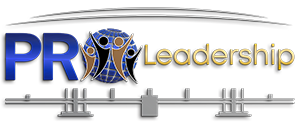
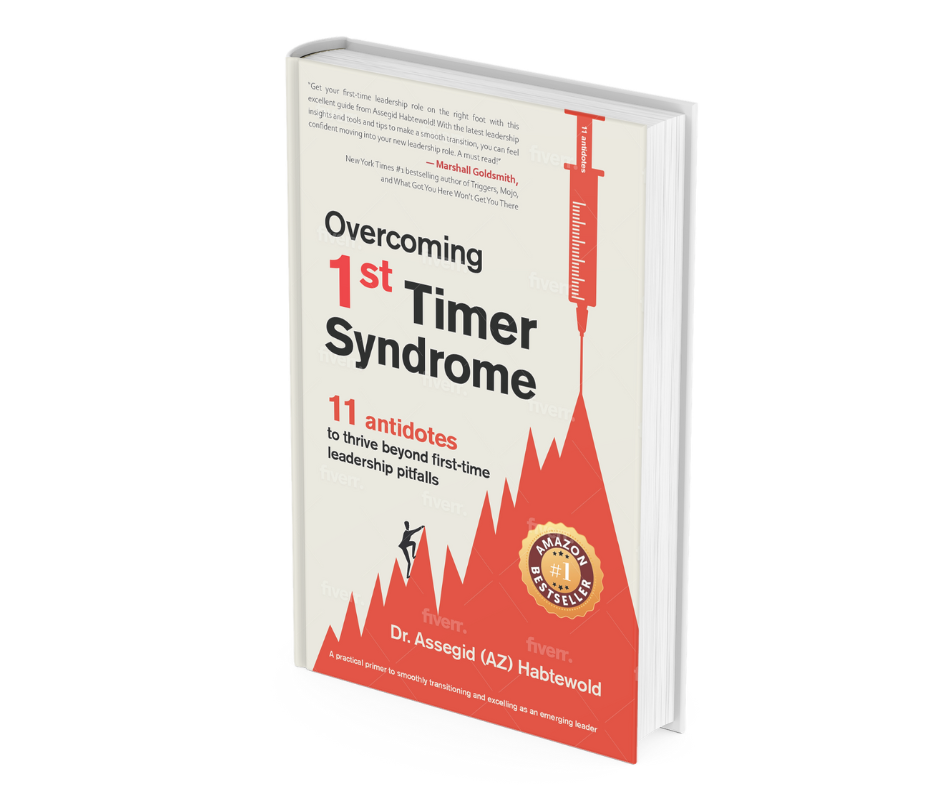
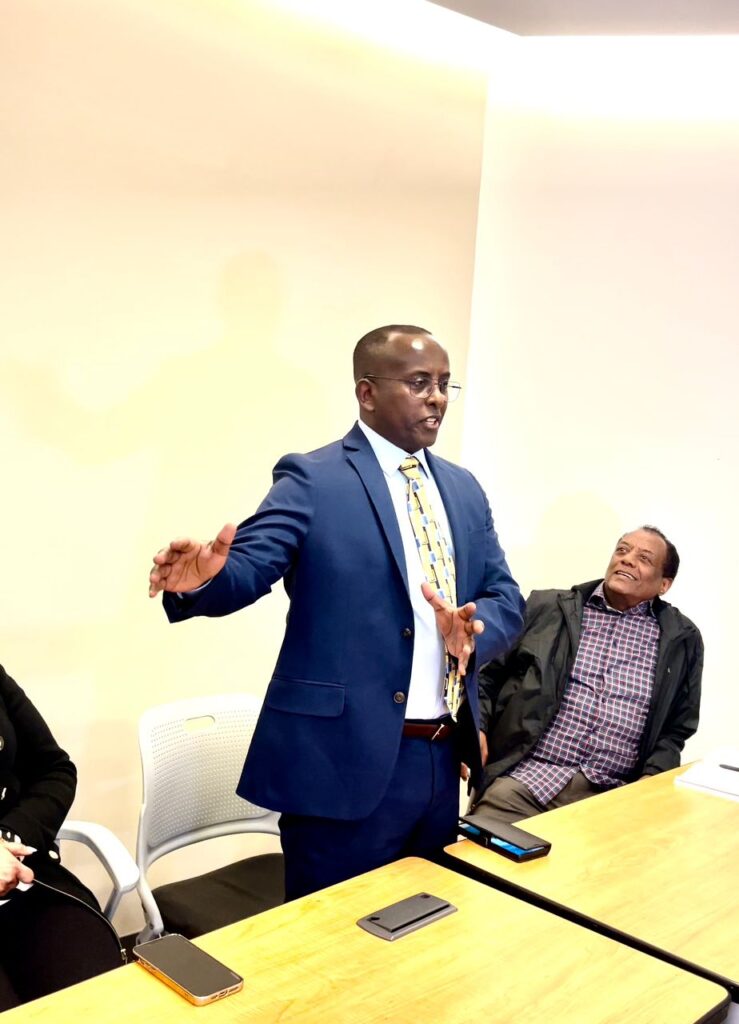
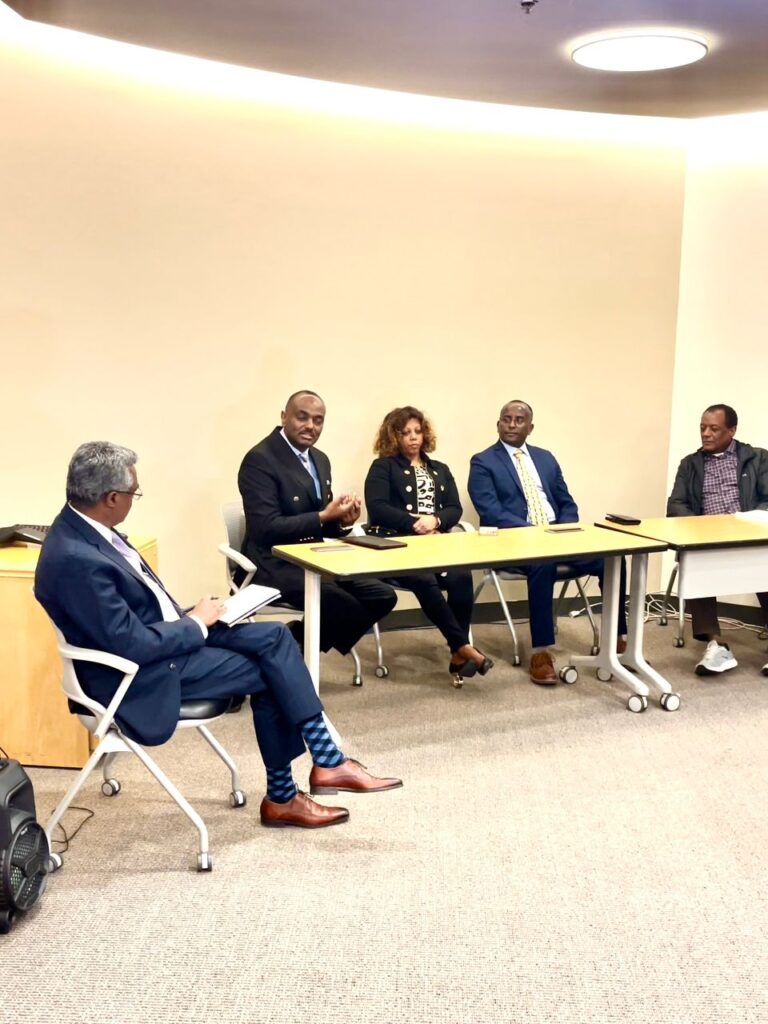
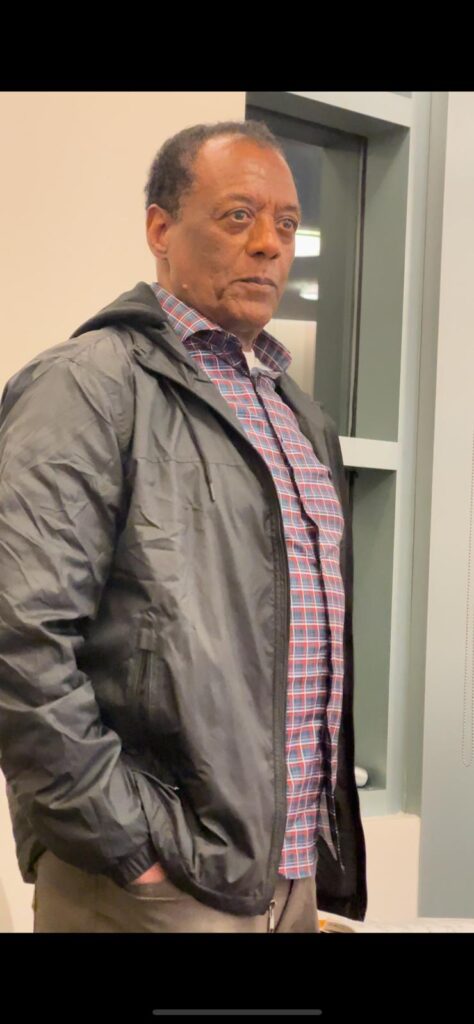
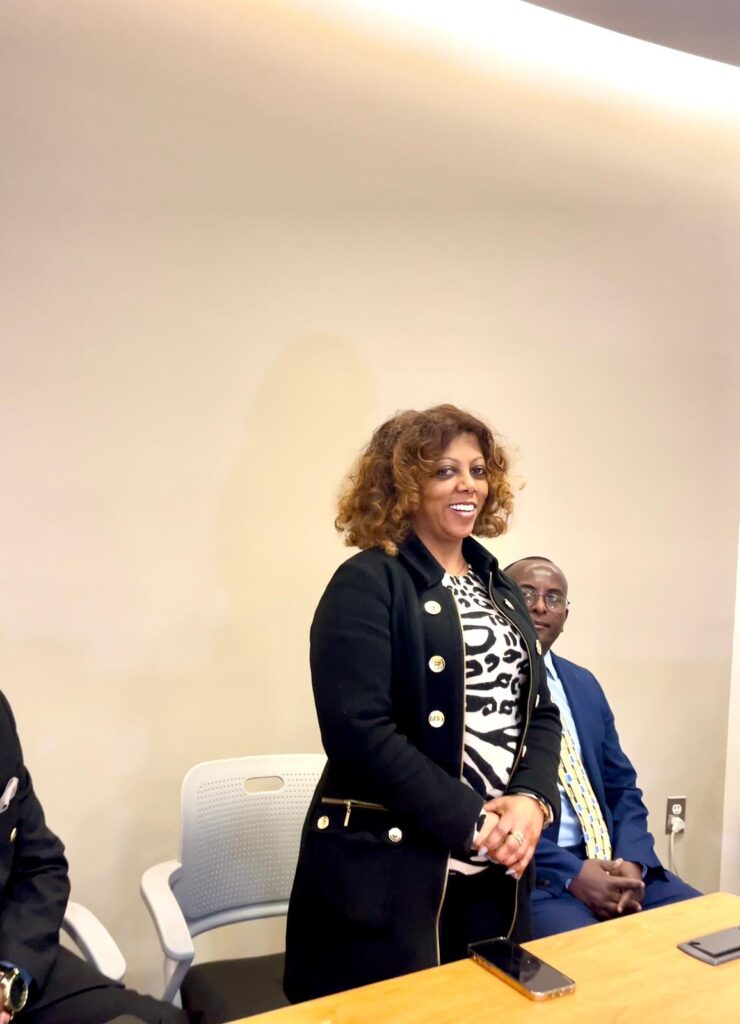

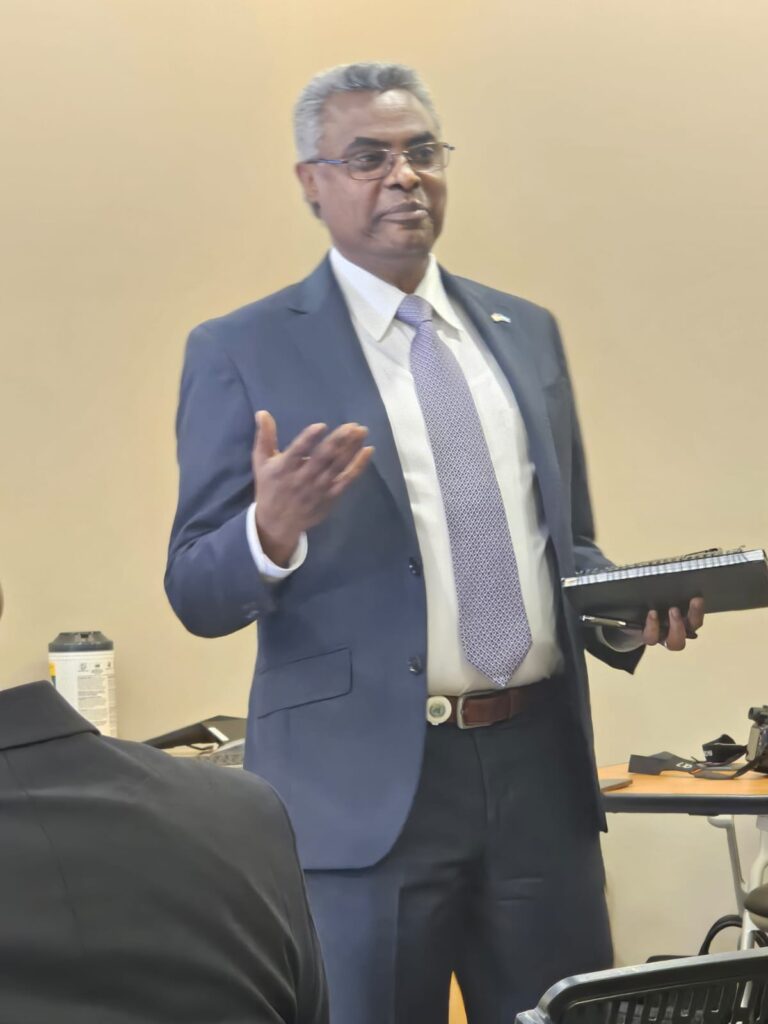
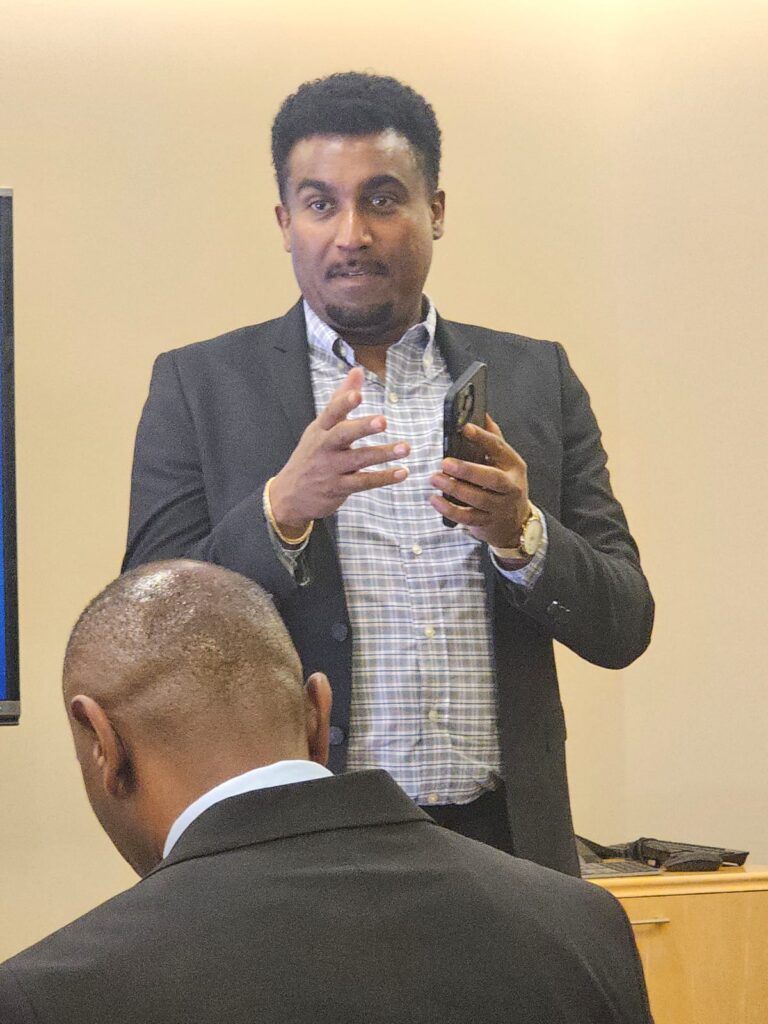
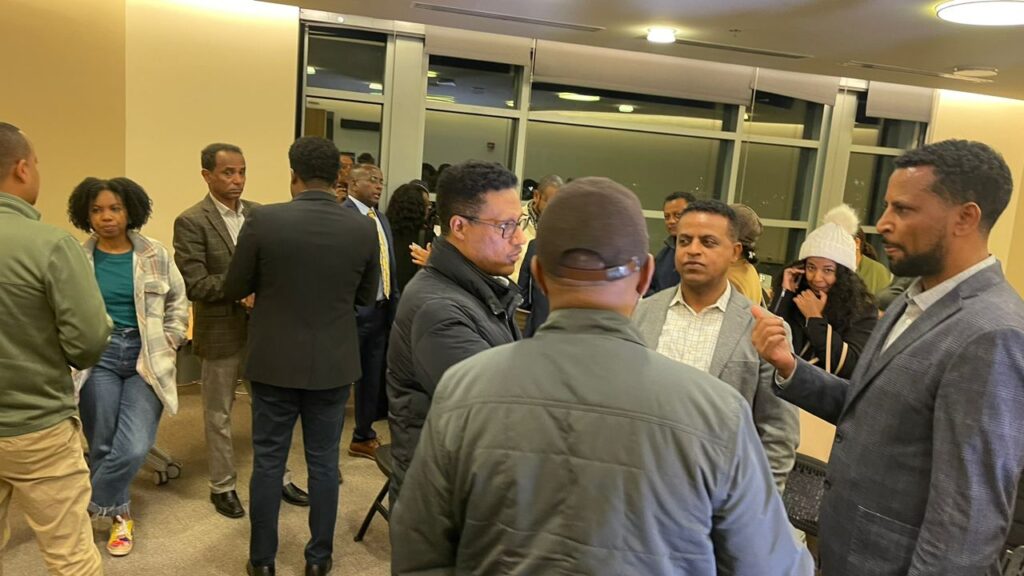
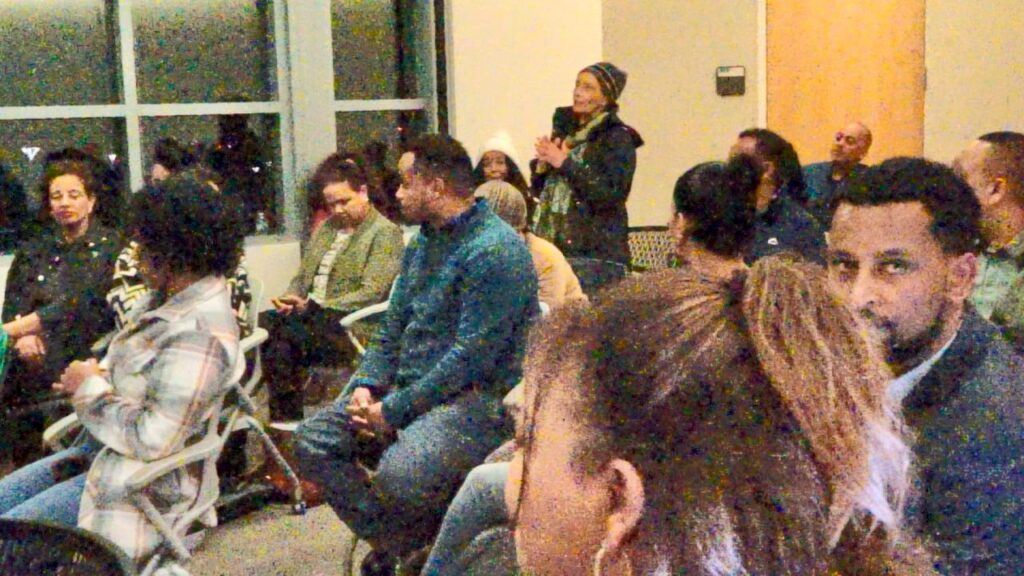
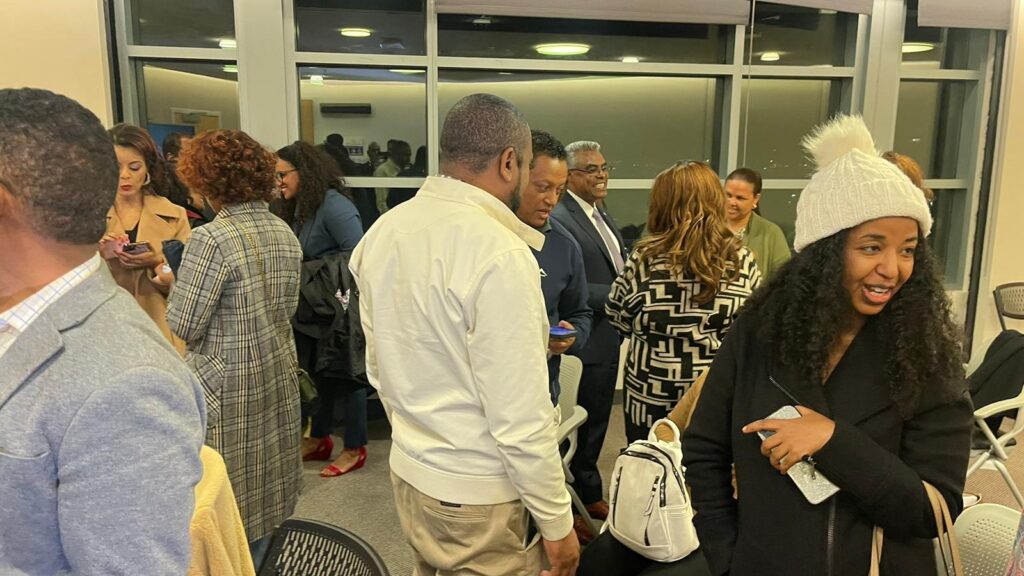


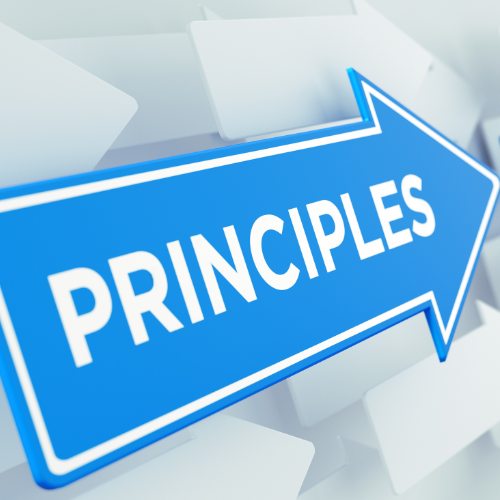
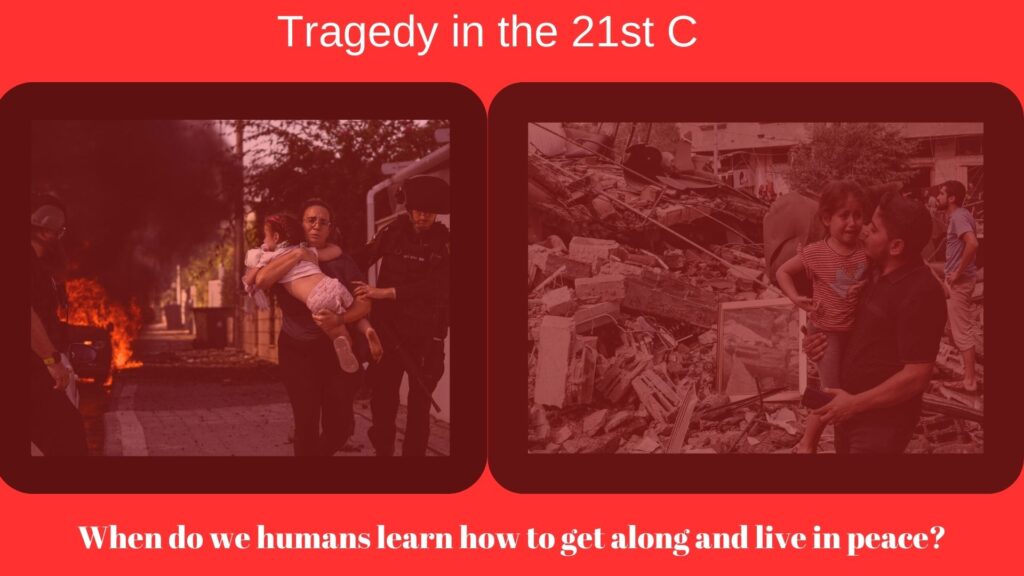
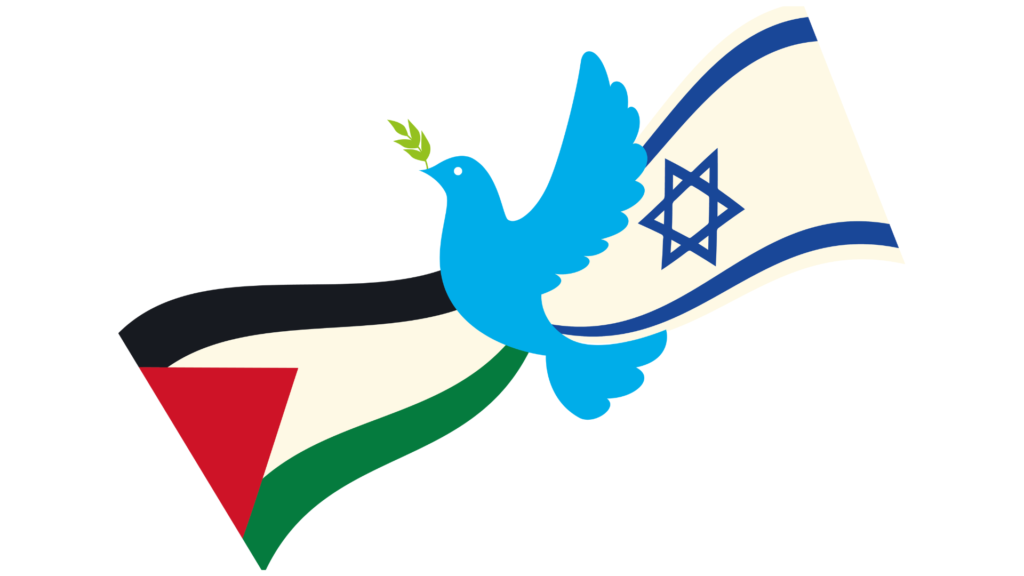
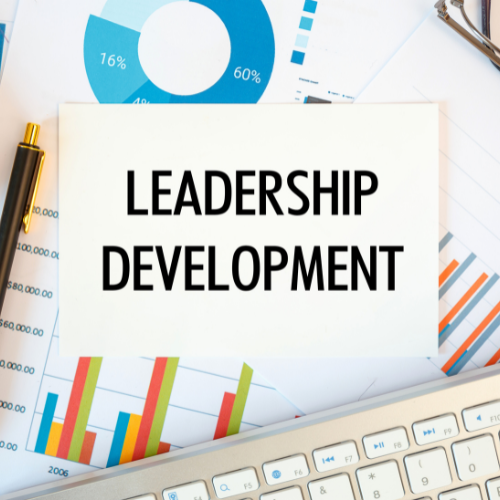

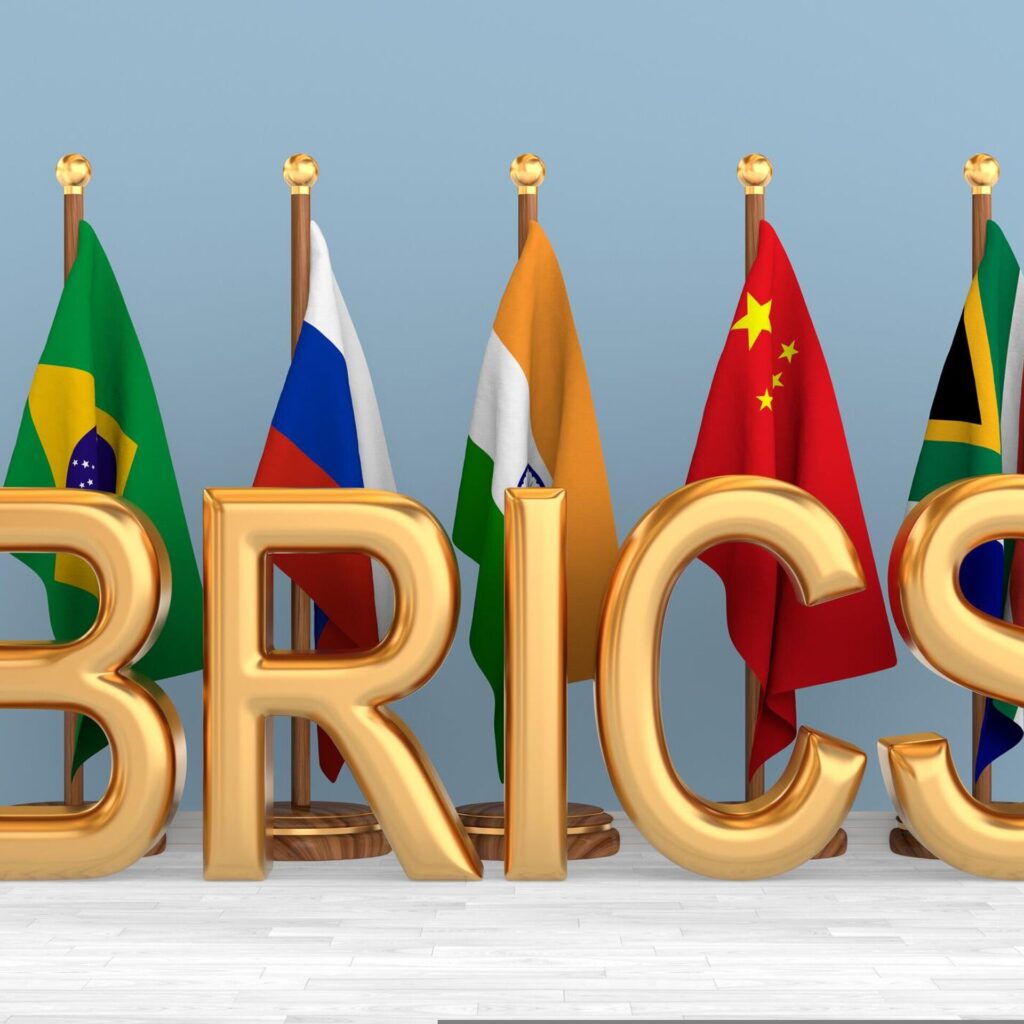
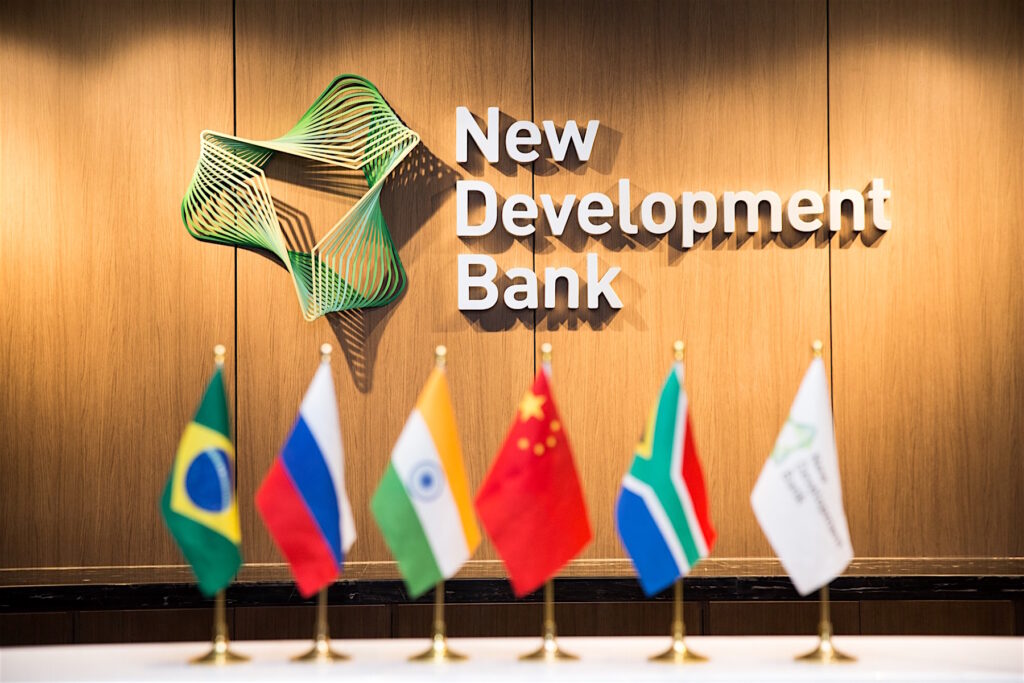
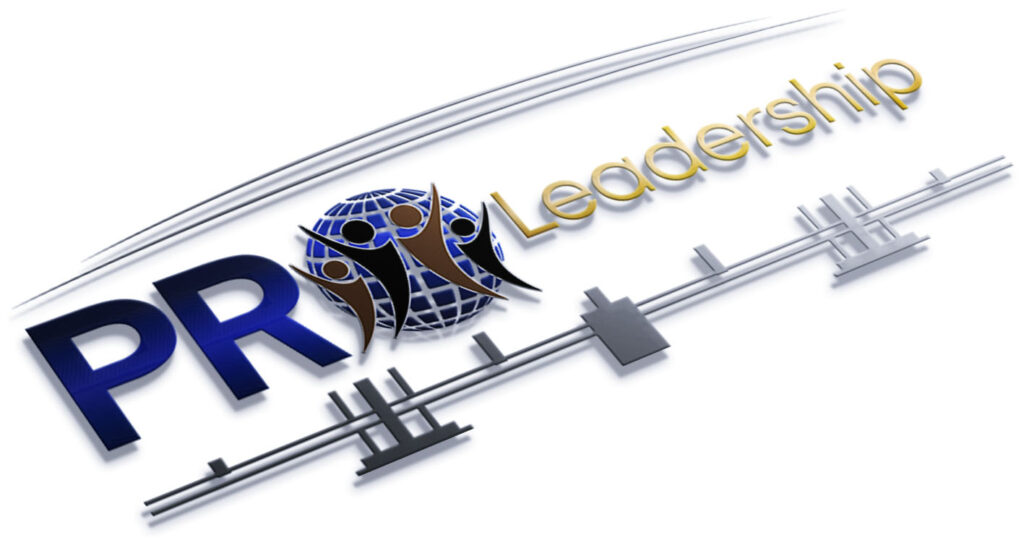
 D5 Creation
D5 Creation